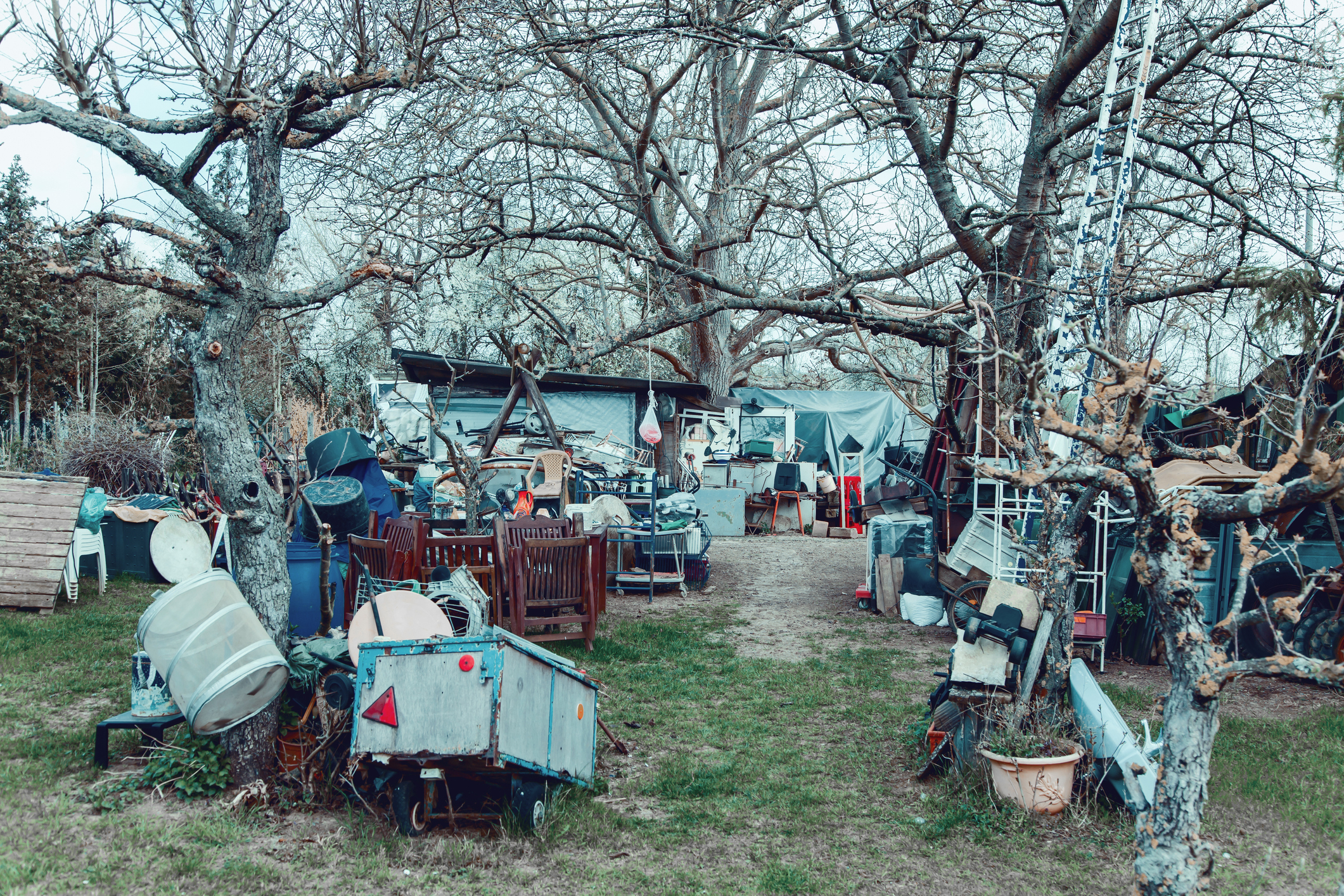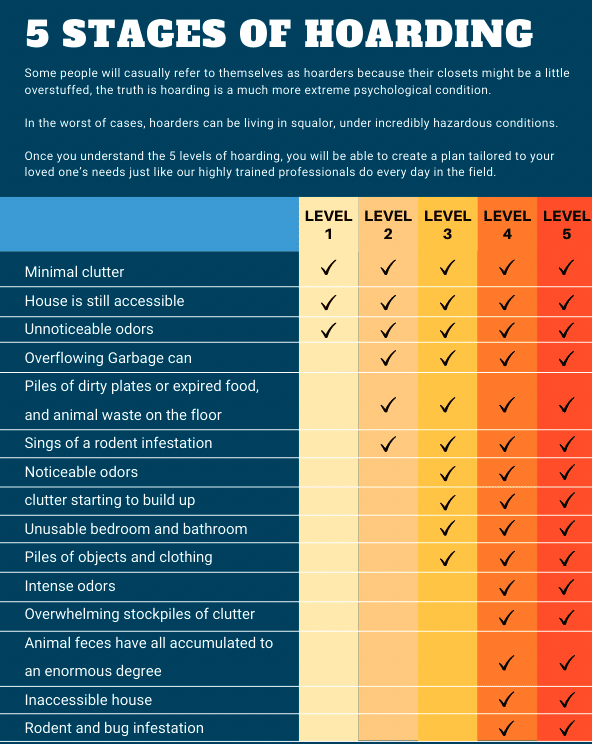12 min read
Beyond Traditional Loans: 14 Creative Financing Options for Real Estate Investing
Creative financing can offer real estate investors options beyond traditional lending from banks. If you have less-than-ideal credit or lack a sizeable...

Ask a group of 10 landlords about their most feared rental scenario, and at least one will mention renting to a hoarder. It’s no wonder why. TV shows about hoarding have blasted across the airwaves for over a decade – A&E’s Hoarders debuted in 2009 and ran over 100 episodes. Other programs followed shortly, giving much of the public their first view into the lives of people suffering from this condition.
But a hoarding doesn’t often appear on an applicant’s screening report, nor can you decline an applicant because they hoard – so what’s a landlord to do? In this article, we’ll define hoarding, explain how the Fair Housing Act comes into play, and provide a step-by-step guide to handling hoarding with care.
Marketing. Applications. Leases. Payments.
Marketing. Applications. Leases. Payments.
Hoarding is a nuanced mental health condition that impacts both the individual and their community – which is why it’s critical for landlords and property managers to approach the situation with empathy. First, your tenant isn’t alone. According to the American Psychiatric Association, “the overall prevalence of hoarding disorder is approximately 2.6%, with higher rates for people over 60 years old and people with other psychiatric diagnoses, especially anxiety and depression.”
Hoarding often gets misunderstood; it’s not the same as a collection. Hoarded objects are kept due to a perceived need to save them, and attempts to part ways with these objects lead to distress. The assorted items build up, typically into disorganized clutter. You may have a tenant who cherishes their expansive toy car collection, but that alone doesn’t make them a hoarder.
How else can you tell the difference between an eccentric tenant and someone with hoarding disorder?
The biggest hallmark of hoarding is disorganization. Unfortunately, clutter can build up to the point that fire exits aren’t usable and the property is no longer up to code. Many hoarders feel significant shame about the disorganization their disorder creates and will resist having most people in their unit.
Be aware of the signs of hoarding, like:
In short, if someone’s accumulation of goods disrupts their day-to-day life and responsibilities, they may be struggling with hoarding disorder. That doesn’t mean you need to buy a chaise lounge and offer therapy in your office, but you can be compassionate while protecting your rental property.
Although the following levels aren’t diagnosable through the DSM, it may help you to think about hoarding as Hoarders 911 presents it:

Luckily, early intervention can stop situations from escalating – and the earlier you start having these conversations with your tenants, the better. Skip ahead to resolve an active hoarding situation, or keep reading to learn the legalese around hoarding.
The Fair Housing Act protects against discrimination based on seven protected classes – one of which is disability status. Because hoarding is an often debilitating mental health condition, it’s considered a disability. Therefore, landlords and property managers cannot refuse to rent to a hoarder, nor can they immediately evict someone for hoarding in their unit.
If someone is hoarding animals in the unit, that’s an entirely different matter and may be considered a felony in your state. Talk to your local government to determine next steps for your area.
Did You Know?:
Your first fair housing violation can cost up to $16,000. Invest in your education and save yourself a hefty fine with TurboTenant’s online Fair Housing for Landlords course.
Hoarding is complicated, and many landlords don’t dive into the topic until they’re actively facing a tenant situation. That said, there are preliminary steps you can take to head off hoarding problems before your tenant moves in.
With these two steps, you’ll create a document that distinctly explains to tenants what will happen if hoarding occurs. But what if you have a tenant who begins hoarding and your lease doesn’t contain the suggestions above?
Hoarding is so much more than being messy or having a collection of objects. It’s a mental disorder that can become dangerous, both for the sufferer and for the property owner. By maintaining a good relationship with your tenants, performing regular inspections, and keeping empathy at the forefront, you can tackle even the most complicated hoarding problems.
Do you need help keeping your rental business organized? Let TurboTenant do the heavy lifting! Our all-in-one landlord software offers everything you need to manage your residential rentals. Sign up today!
12 min read
Creative financing can offer real estate investors options beyond traditional lending from banks. If you have less-than-ideal credit or lack a sizeable...
11 min read
If you came here wondering how to write a lease agreement, look no further. Creating iron-clad rental contracts is essential for protecting the rights...
10 min read
Between the risks of running a business, a volatile and ever-changing real estate market, and the sometimes fickle attitudes of the renting...
Join the 700,000+ independent landlords who rely on TurboTenant to create welcoming rental experiences.
No tricks or trials to worry about. So what’s the harm? Try it today!
TurboTenant, Inc., © 2025
Created in Sunny Colorado